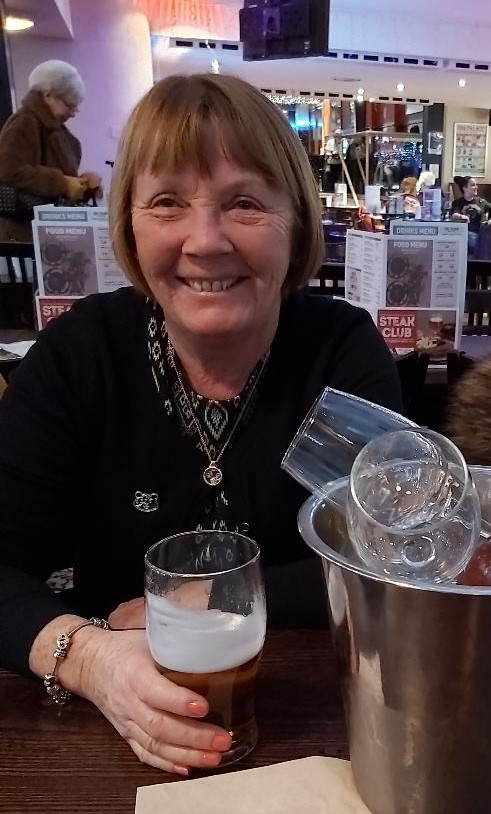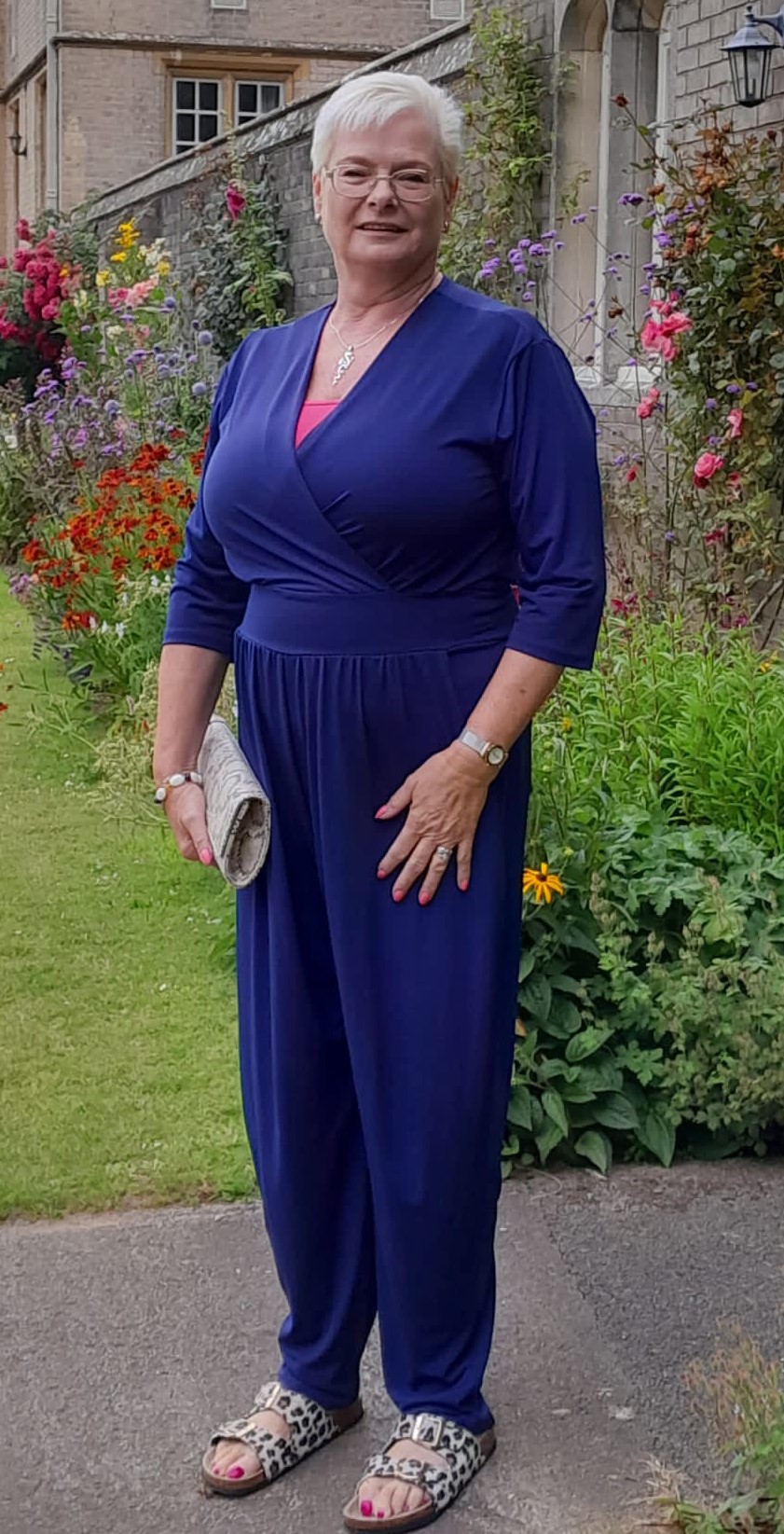Organ donation and transplant rates continue to recover, but opportunities for transplant still being missed
Latest annual figures published today (12 July) by NHS Blood and Transplant show that last year (2022/23), there was a 5% increase in the number of patients whose lives were saved or improved through an organ transplant – and a 20% increase in heart donations alone. However, clinicians warn that opportunities for transplant are still being missed due to hundreds of families declining to support donation.
The annual Organ and Tissue Donation and Transplantation Activity Report shows that 4,532 patients received donated organs from 2,386 donors – living and deceased – last year (2022/23). A five per cent increase on figures in 2021/22. (1)
However, during the same time period, consent/authorisation rates for organ donation dropped from 66% to 62%. That means a total of 1130 families declined to give support for organ donation. Of these, 781 families said no for reasons other than knowing that their relative had expressed a wish not to be a donor or had ‘opted out’ of donation on the NHS Organ Donor Register. With each donor giving an average of three organs, it is estimated that this could equate up to 3390 missed opportunities for transplant. (2)
Geraldine's story
 One of those families who did agree to organ donation and ensure their loved one’s wishes were carried out was Patrick O’Sullivan from Merthyr Tydfil in Wales. Patrick’s 65-year-old wife Geraldine, who was a nurse, was one of the 1,429 people who did donate their organs after their death last year to save the lives of others.
One of those families who did agree to organ donation and ensure their loved one’s wishes were carried out was Patrick O’Sullivan from Merthyr Tydfil in Wales. Patrick’s 65-year-old wife Geraldine, who was a nurse, was one of the 1,429 people who did donate their organs after their death last year to save the lives of others.
67-year-old Patrick, a retired school lab technician, said:
"Geraldine’s death was a shock to everyone as she passed away so suddenly. The day she died, we were out shopping all day and when we came home, we decided to have a cup of tea in the garden. It was then that Geraldine started complaining of a bad headache, so I got her some tablets, and she went to rest on the sofa. Minutes later I saw her having a seizure and she fell off the sofa, so I called 999 and within 20 minutes the ambulance arrived and whisked her off to Cardiff Hospital."
Once Geraldine got to hospital, she was taken straight for a CT scan, which unfortunately revealed a catastrophic bleed on the brain and the pressure from this had caused a second bleed. It was inoperable – non-survivable.
Geraldine and Patrick had both signed up to the NHS Organ Donor Register years before and they were both adamant they wanted to be donors should they die in such circumstances that it was possible.
She helped someone right to the end
Patrick continues: "I remember being in the hospital and on the shelf was a leaflet for organ donation. I took it that someone was telling me something and I had to make sure that Geraldine got her last wish.
"We have found comfort in knowing her organs were donated – Geraldine worked in a hospital, she was a caring person and she helped someone right to the end."
Geraldine went on to donate both her kidneys and her liver and Patrick says everyone should be willing to agree to honour their loved one’s decision.
"Do it. Do it. If your loved one has expressed that decision to donate, make sure that they do it. Having joined the NHS Organ Donor Register all those years ago, we knew it was what Geraldine wanted and what the family wanted. It’s nice to know there are people out there alive today because we were willing to honour Geraldine’s organ donation decision."
53% of people who donated their organs after death last year were on the NHS Organ Donor Register – making the conversation with families so much easier. People are far more likely to support donation when they already know it was what their relative wanted. 9 out of 10 families honour their family member when the donor had confirmed their decision to donate on the NHS Organ Donor Register.
Janet's story
 Janet Mills, from Bournemouth, died suddenly in September last year after suffering a massive brain haemorrhage and cardiac arrest. She had joined the Organ Donor Register years earlier and her family knew she wanted to be a donor.
Janet Mills, from Bournemouth, died suddenly in September last year after suffering a massive brain haemorrhage and cardiac arrest. She had joined the Organ Donor Register years earlier and her family knew she wanted to be a donor.
Her brother David Brown said:
“I don’t remember thinking about organ donation, which as a blood donor heading towards 100 donations I should have! But the doctor very tactfully explained how some good could come out of this awful situation, and her husband Pete’s first response was absolutely, yes.
“It was Janet’s wish - she’d signed the register twenty something years back, so the rest of the family unanimously chimed in with a chorus of positive approval.”
Janet went on to donate her kidneys and liver and at her funeral a small heart of red flowers was placed on top of her coffin to commemorate those who had received her organs, with the words ‘For giving fresh hope, we are all so proud of you’.
David continued: “In the darkest of times, there can be hope. Knowing that some good could come out of Janet’s death brought great comfort to us during the final hours and the time leading up to the funeral.
“To be honest, the donation has helped with the grief. We have this image in our mind of somebody waiting for a kidney who has been through hell the last couple of years suddenly being able to lead a normal life again, and that is a good feeling.”
Despite the increase in people receiving organs last year, there are currently over 7,000 people on the active transplant waiting list. A further 3,822 are temporarily suspended but still in need of a transplant and expected to return to the list when their circumstances allow.
Yet sadly, last year 439 patients died waiting for their transplant. A further 732 patients were removed from the transplant list due to deteriorating health and many of these patients would have died shortly afterwards.
To find out more, and confirm your support for organ donation, visit our website, call 0300 123 23 23 or use the NHS app.
Press release notes
- In 2022/23, there was a 2% increase in the number of deceased donors to 1,429 and the total number of patients whose lives were potentially saved or improved by an organ transplant increased by 5% to 4,532. Compared to 2021/22 when there was an increase of 18% in deceased organ donors and 27% increase in organ transplants. This was due to services resuming following the pandemic.
- Some of the other reasons given by families for not agreeing to donation included, not knowing what their loved one wanted, feeling it was against their religion or beliefs or the family being divided over what their loved one would have wanted.
